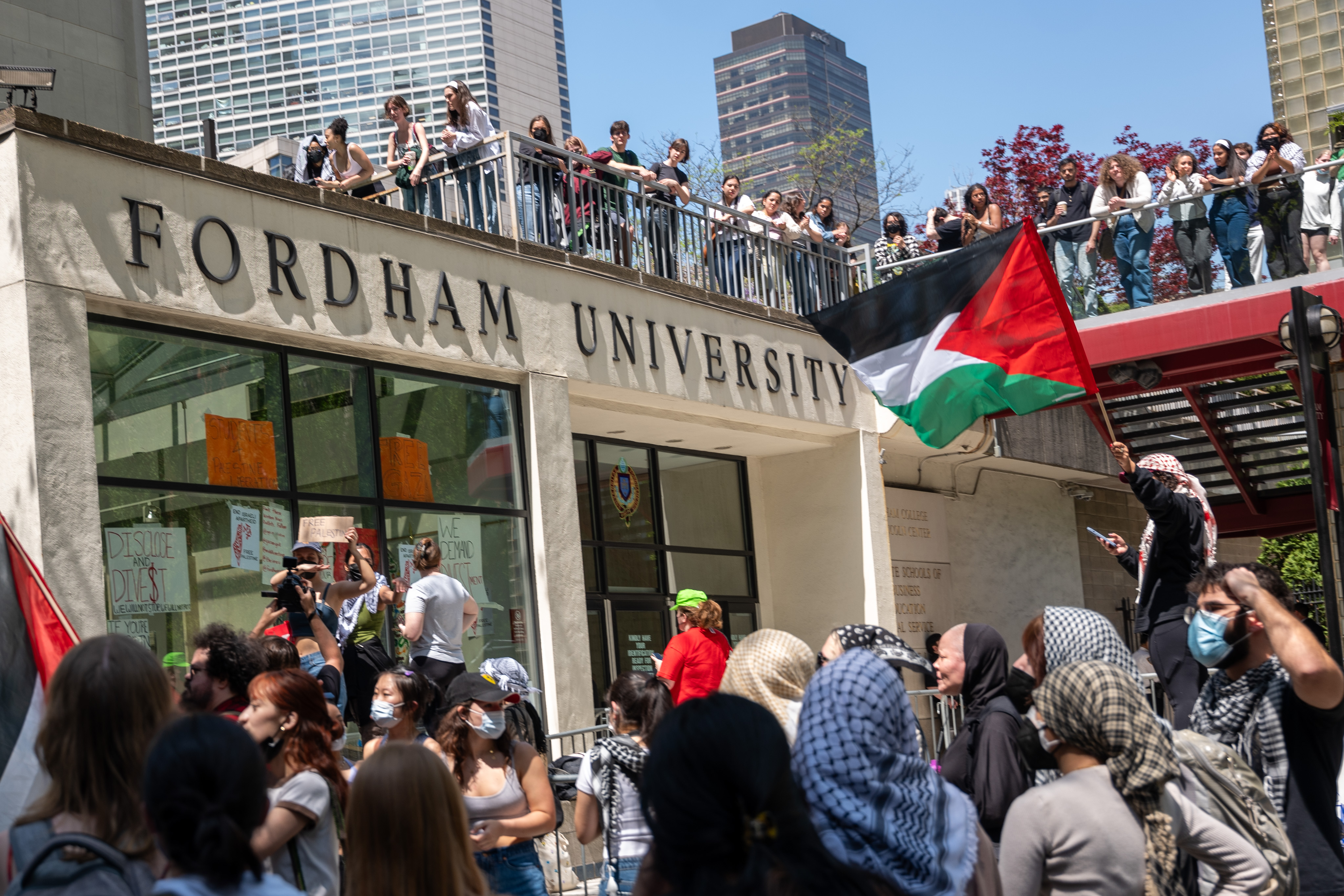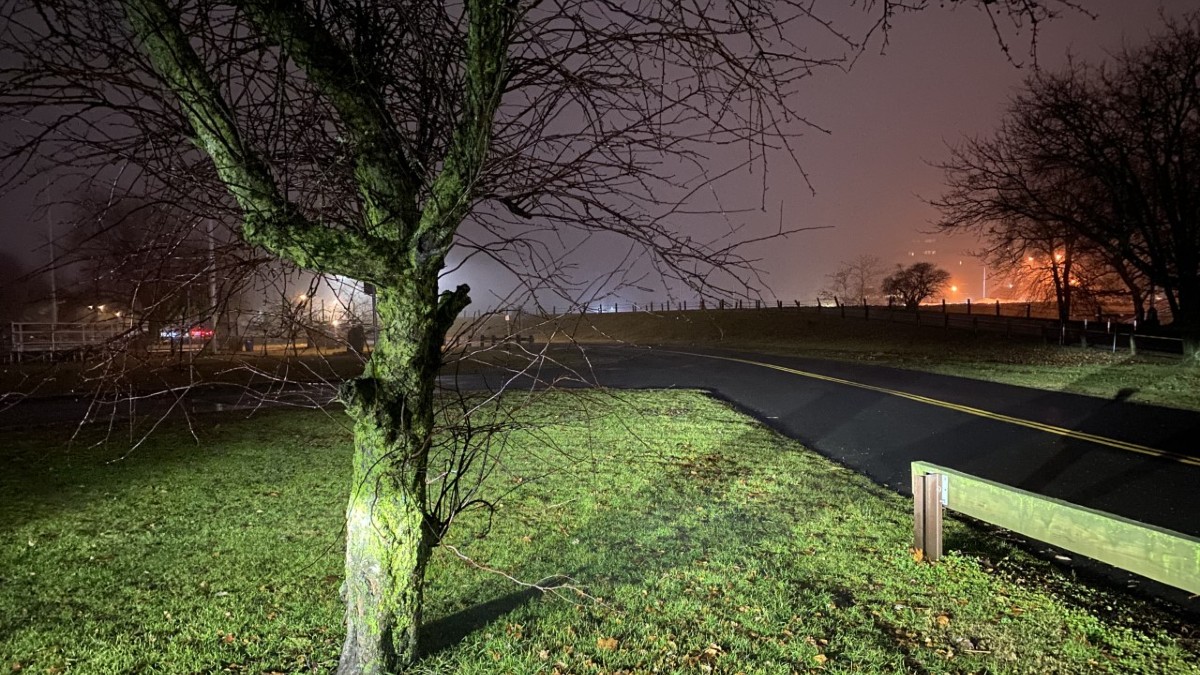What to Know
- Two 14-month-old twins, previously conjoined at the head, are recovering after undergoing separation surgery on Oct. 14
- The separation surgery lasted over 20 hours
- Only 2 percent of twins are born conjoined at the head, and the overall survival rate of conjoined twins is between 5 and 25 percent
The mother of a set of conjoined twin boys who were attached at the head says the journey to recovery for her sons has been "difficult, and yet miraculous."
In a Facebook post Thursday, Nicole McDonald detailed the progress her 14-month-old sons, Jadon and Anias, have made since they were separated after a 20-hour surgery last month. She expressed her gratitude to the doctors involved in the complicated Oct. 14 procedure.
"Had it not been for our great God and the BRILLIANT doctors involved in this undertaking, I may not have much to write about today," she wrote. "I hold this truth close to my heart as we continue to face the difficult decisions and challenges that go hand in hand with recovery."
The twins have since battled bacterial scalp infections during various points of their recovery, resulting in frequent trips to the operating room, their mother said. The boys underwent an unplanned, but necessary skin grafting procedure on Tuesday to cover the areas where skin was lost due to the infections.
Jadon is almost fully recovered, McDonald says. He is able to move his extremities, roll over in bed, and reach for his toys with both hands, though his left side is still weaker than his right.
Prior to the surgery, doctors told McDonald he may not be able to move part of his body after the operation.
Meanwhile, his brother Anias has faced an uphill battle on the road to recovery. The bone grafts used to cover his brain had to be removed, which means that he'll have to have reconstructive surgery as he gets older and will need to wear a helmet until that time. Unlike his brother, he hasn't been able to move on his own, but he can move his arms and legs while crying.
"I'm not sure why this child always has to climb the steep mountains, but he does," she wrote.
Local
McDonald wrote that she "would be lying" if she didn't acknowledge that she missed "looking into all of their eyes at once," but described the thrill of finally being able to hold her twins.
"Both boys crave being held, which is such a relief to me, as I feared that they would reject being held after a year of foregoing being in my arms," she wrote.
McDonald also expressed her deepest gratitude to the thousands who have sent messages of encouragement. She said despite the turmoil she sees in the news, the outpour of support has reminded her of the compassion that lies within most people.
"Our trial has been excruciating. Through the curse we have found many blessings. You all are part of the good that has come from something seemingly impossible."
The McDonalds spent days agonizing over their decision to go ahead with the risky surgery, which could potentially have ended in death or long-term brain damage for one or both boys.
Jadon and Anias have defied the odds: only 2 percent of twins are born conjoined at the head, and the overall survival rate of conjoined twins is between 5 and 25 percent, according to the University of Maryland Medical Center.



